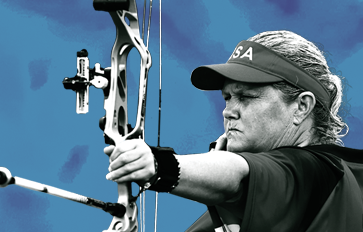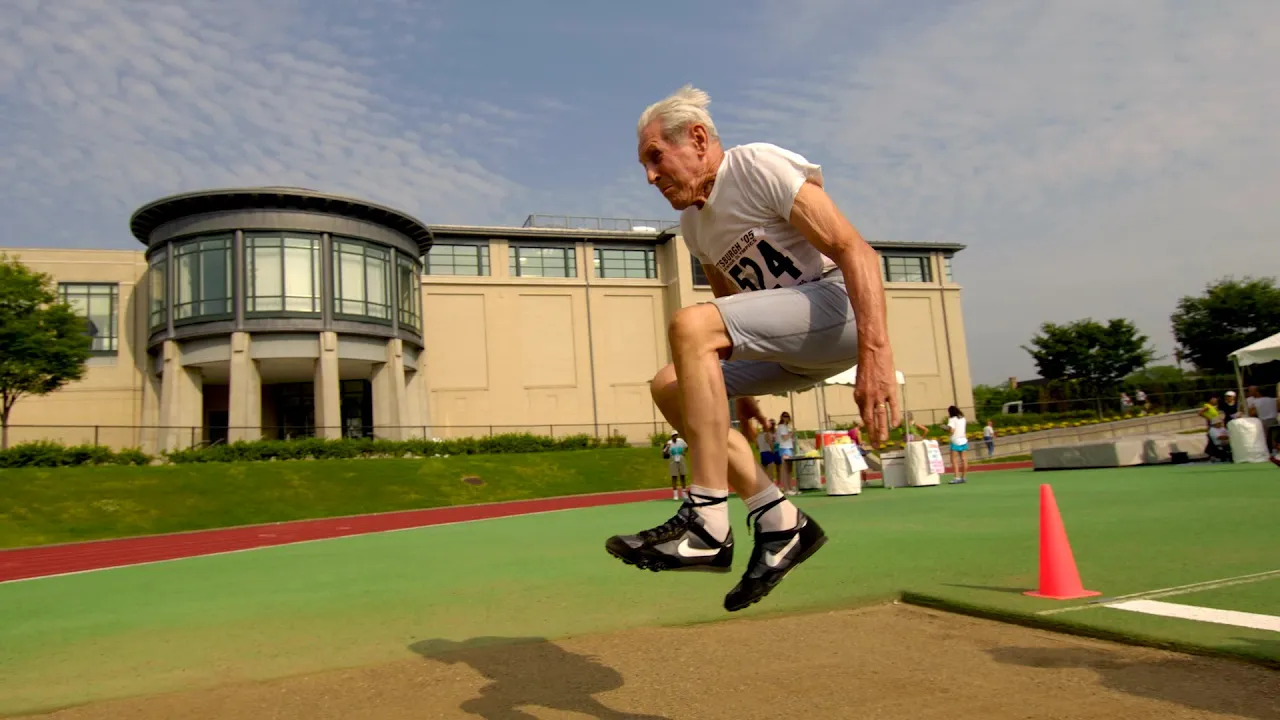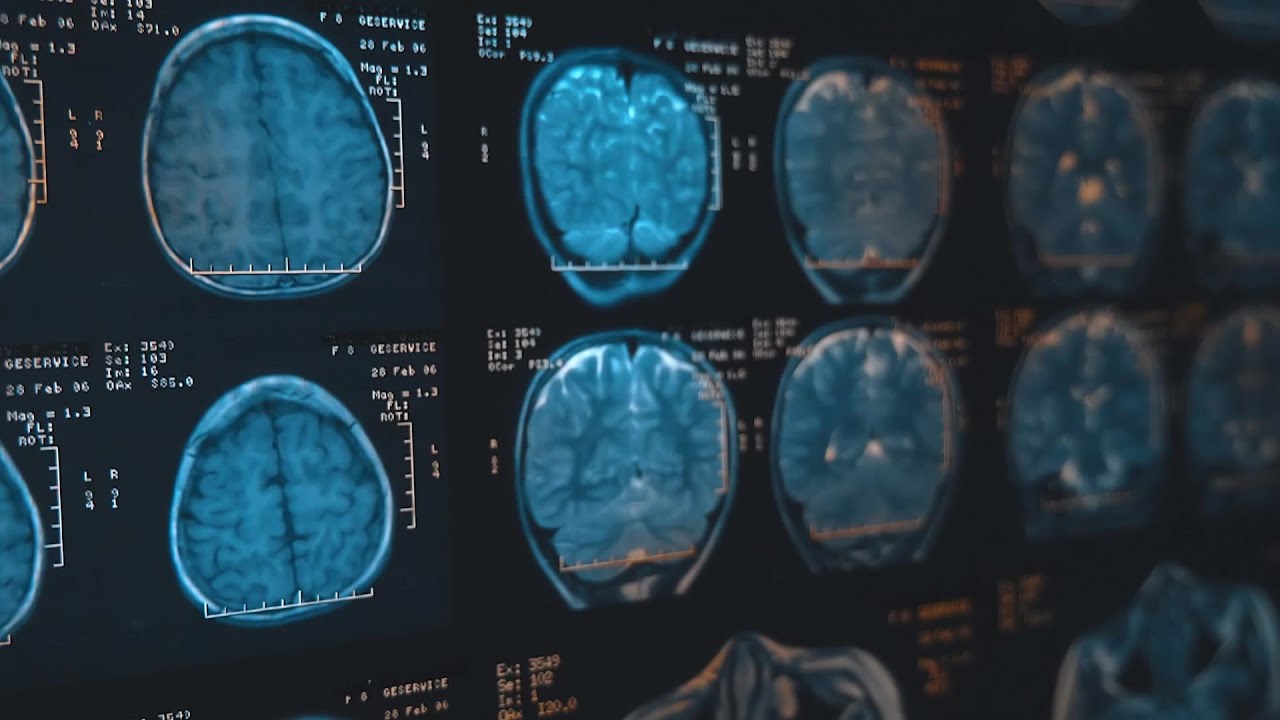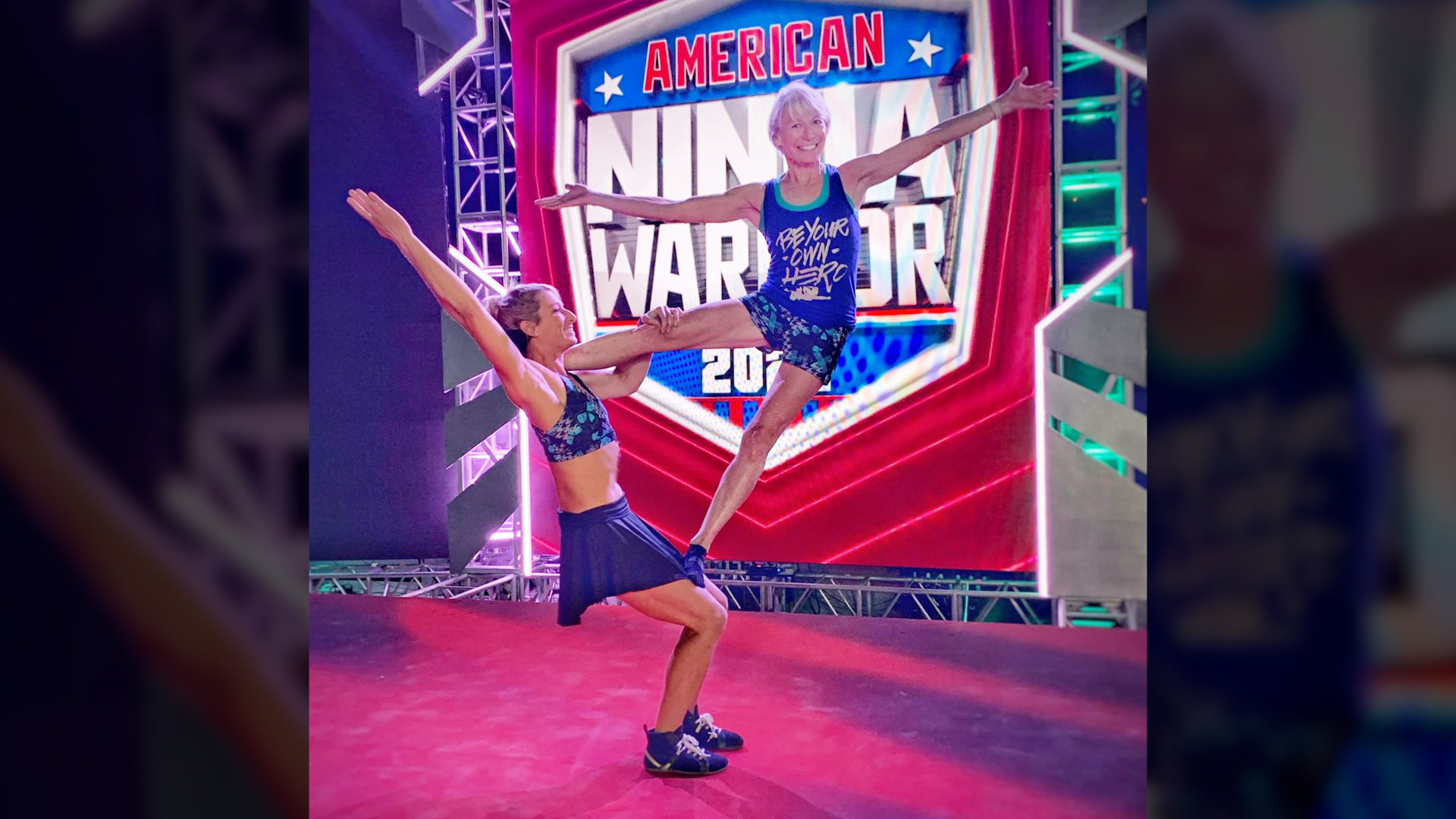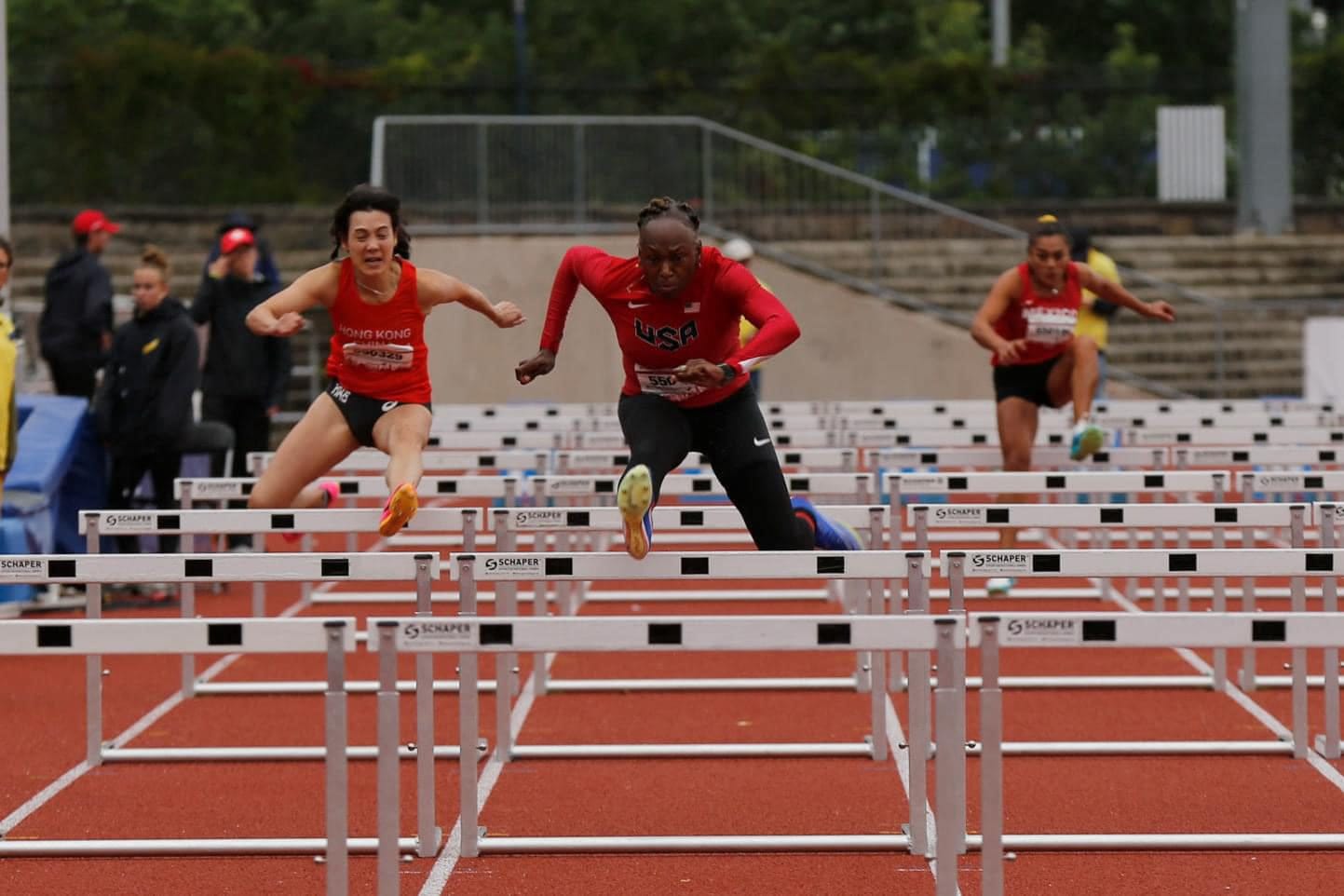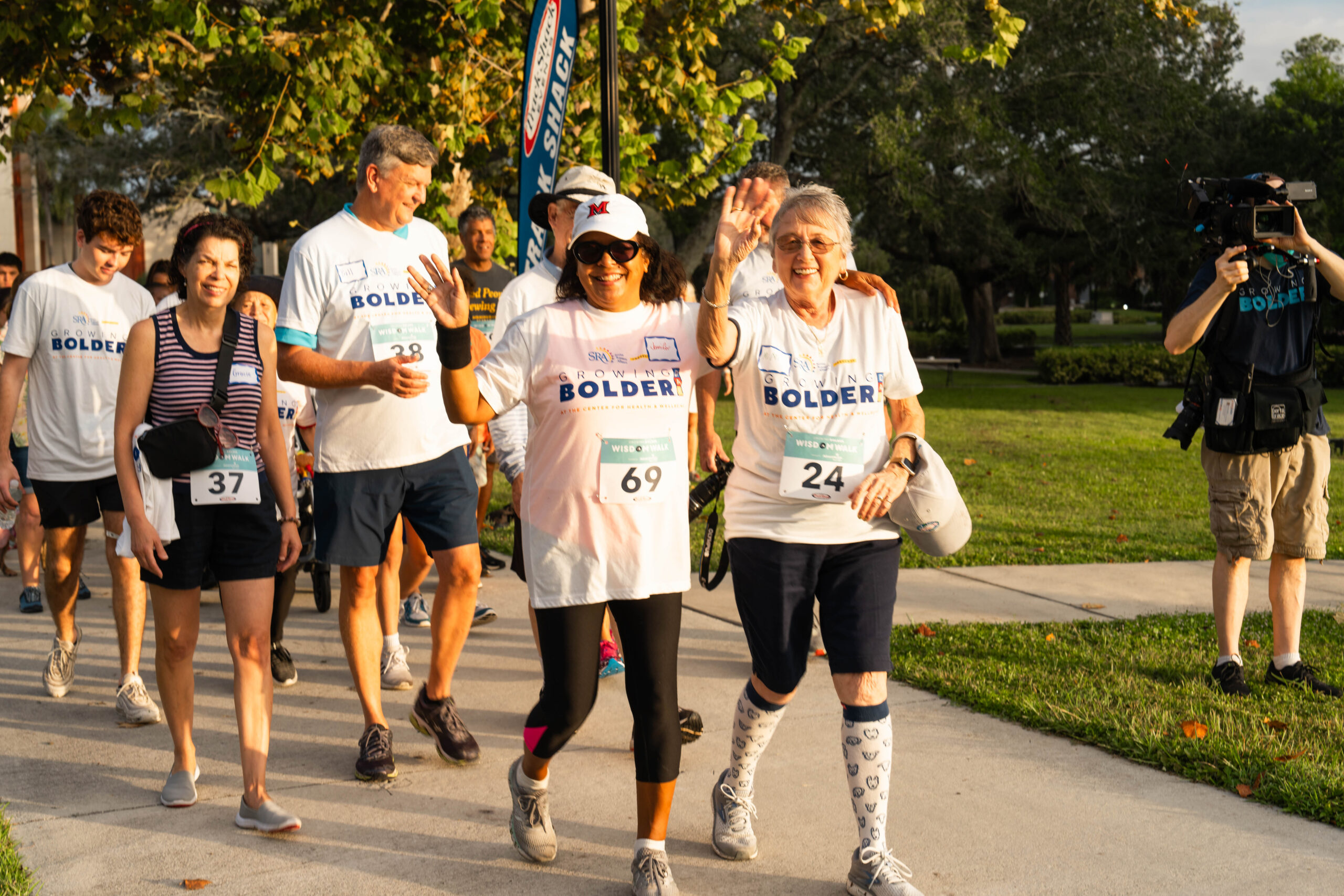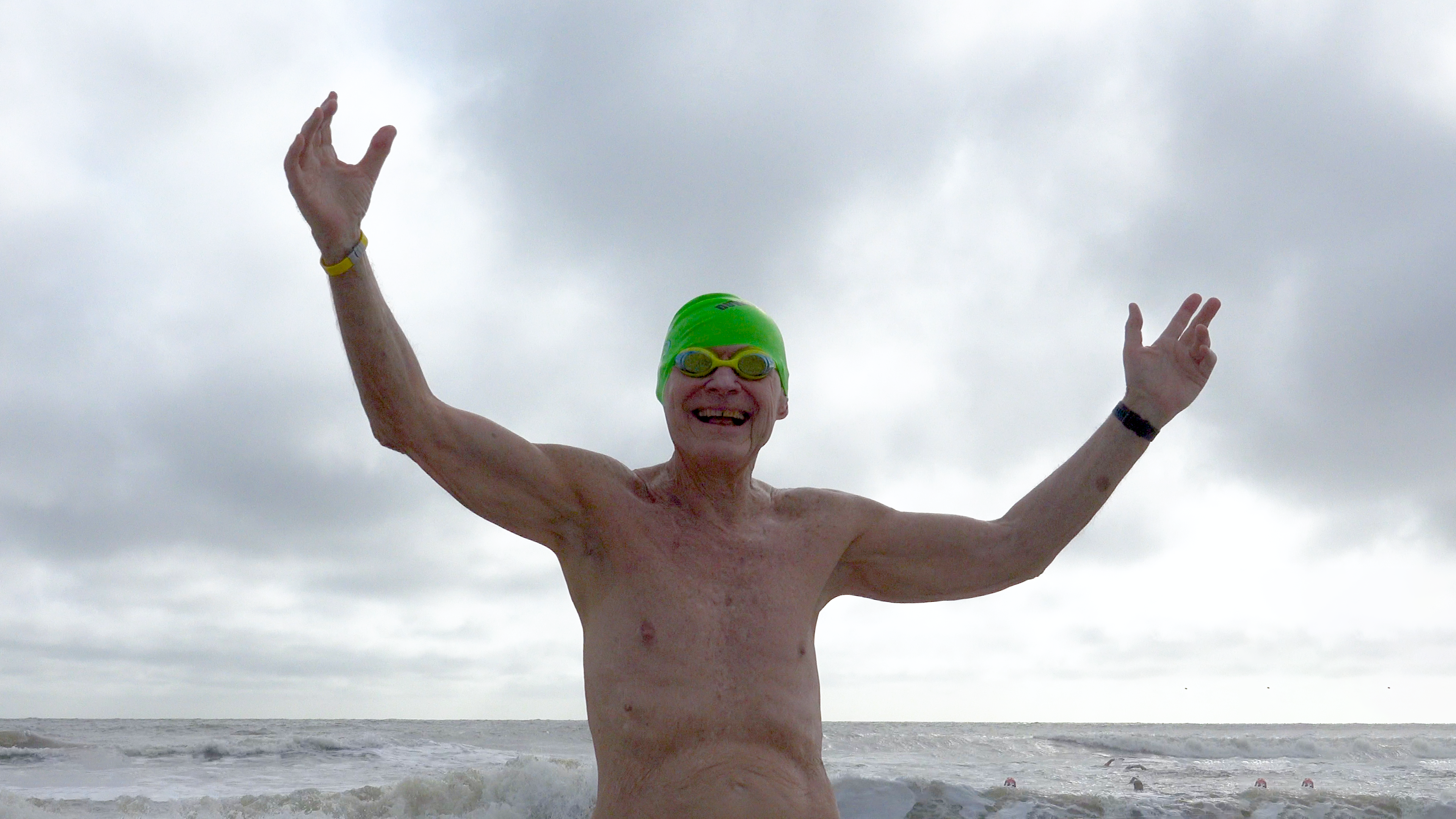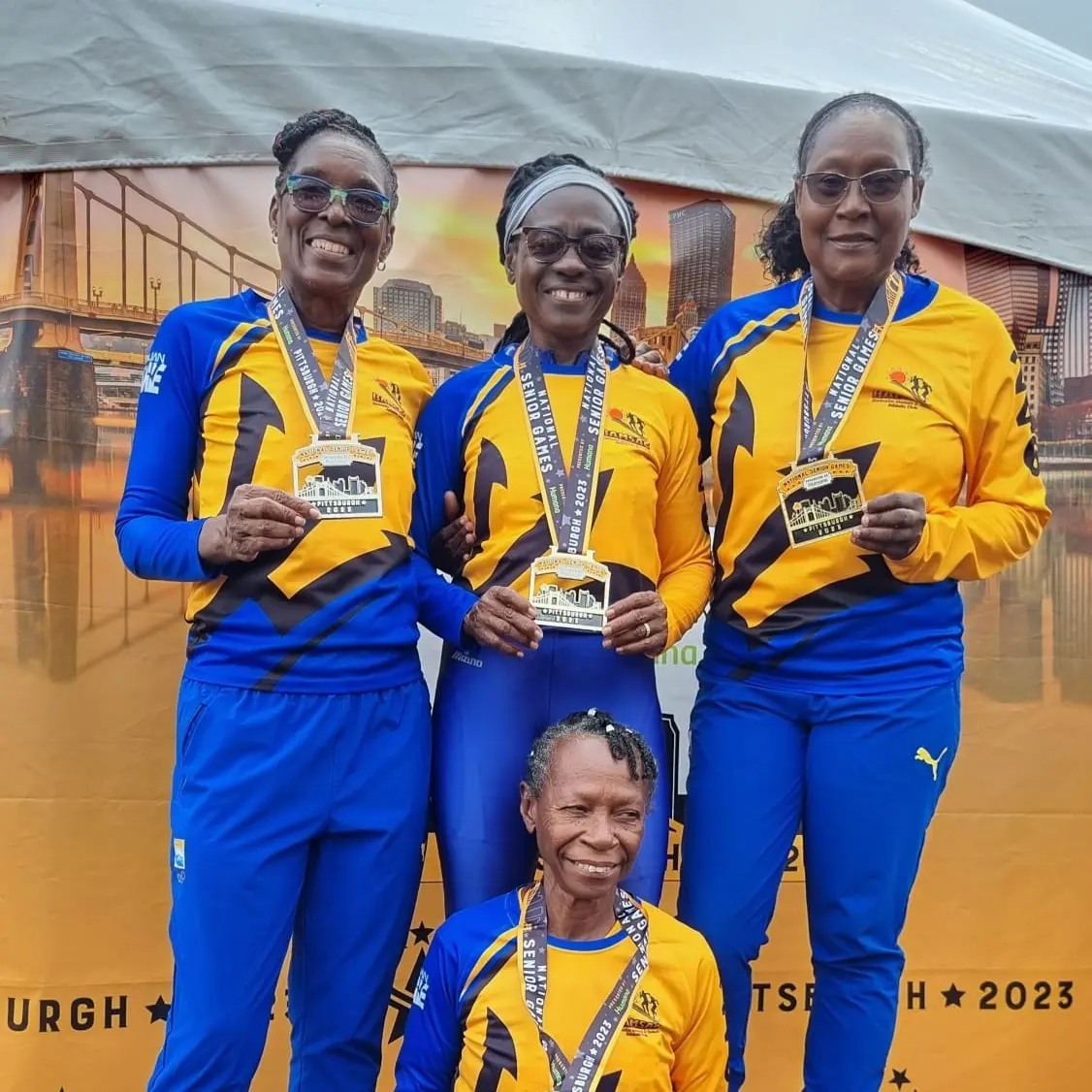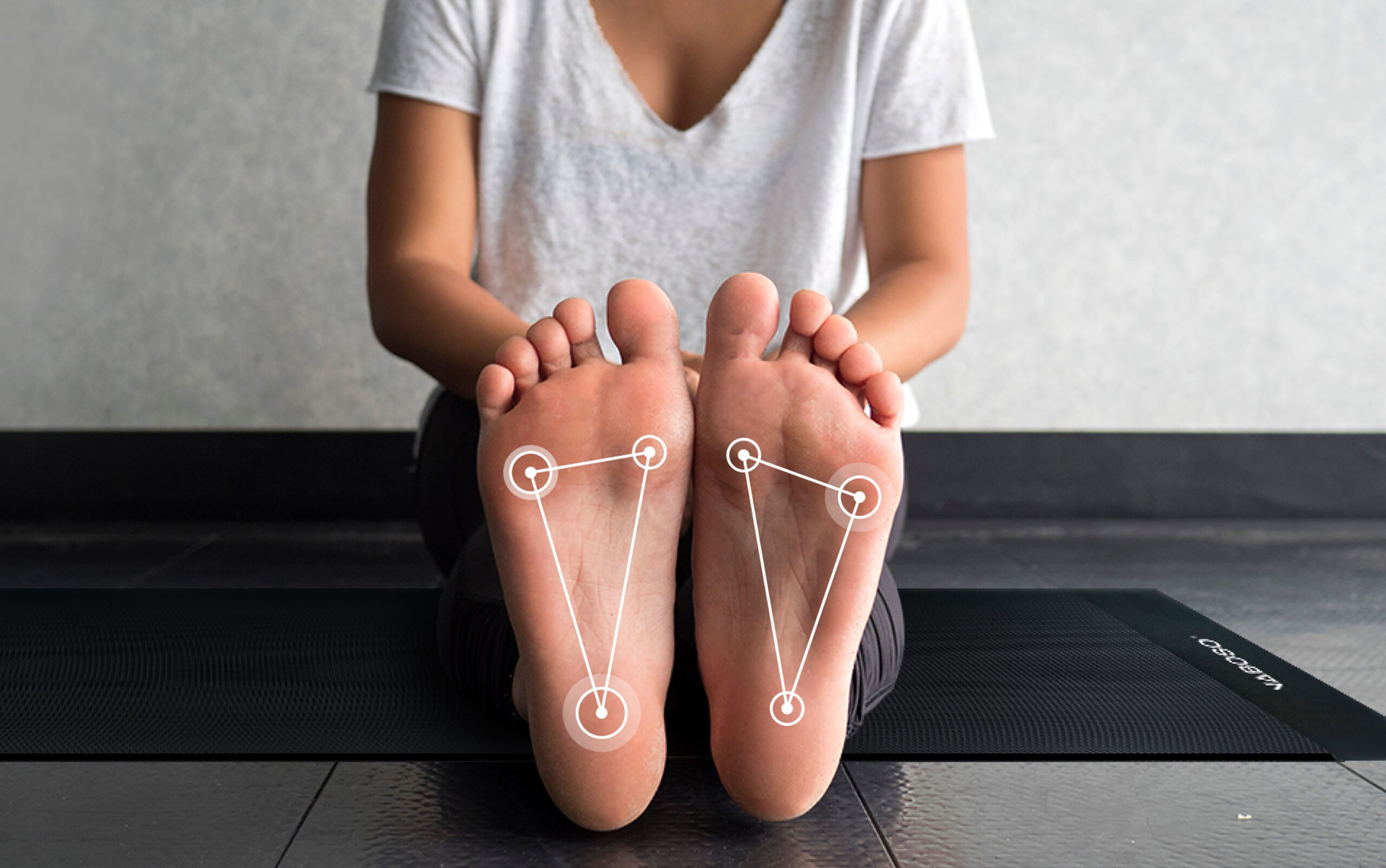Last Updated on February 10, 2023
It started early for Lia Coryell. She remembers her kindergarten teacher rolling her eyes when Lia couldn’t read her name to pick it out of a group of cards. With parents who had little education and a father who was incarcerated when Lia was born, there were no expectations. One of the oldest of nine children, there was trauma and extreme violence in Coryell’s home, creating a defiance within her, and a life mantra to rebel with intent.
“Knowledge is power. I decided very young that I was going to know everything,” Coryell said. “Everything that my parents never knew or knew how to do, I was going to find out.”
After graduating college Lia joined the army, but her career was short lived. She was diagnosed with multiple sclerosis, or MS. The incurable disease showed up only in flares for many years, but at 48 Coryell’s doctors said her condition had transitioned into progressive MS and advised her to get her affairs in order. With two teenage children, Lia was terrified of all the factors doctors said would exacerbate her condition.
“I actually became very depressed and probably a little paranoid that I was going to get sick and die,” Coryell said. “So, I tried really hard not to die, while I was living. And it was a horrible place to be.”
The MS diagnosis was a huge part of Lia’s identity, until her graduate work shifted to helping post 9-11 GIs transition from the battlefield to the classroom. The men and women had significant physical challenges like amputations and burns, but what Lia noticed most about the group was they didn’t let any of their limitations define them. The students invited Lia to come to an adaptive sports program, where she discovered a sport she could do from her wheelchair: archery.
“That shift absolutely changed my life, because it changed my identity and who I thought I could be,” said Coryell. “I wasn’t ‘Lia the loser’ or ‘Lia with MS’ or ‘Lia the woman who’s divorced.’ I was ‘Lia, an adaptive athlete.’ And it was life changing.”
The last kid picked for playground teams was soon recruited to join U.S.A. Archery – not in spite of her limitations, but because of them. Her condition was so severe that Lia was classified as W1, the most impaired division. Determined to excel, in 2015 Lia began to train full-time and made the USA and world championship teams. By 2016 she was a member of the Rio Paralympic team as the United States’ first W1 female archer.
In the beginning Lia’s form was shaky and full of tremors. Initial expectations were again low.
“When I went to that first camp, one of the coaches said, ‘Oh, heck no. No, no, no. Why is she even here?’ And he was actually my coach that loaded my arrows in Rio. He said, ‘I never saw this coming.’”
Then came the pandemic. With no cure for MS, Coryell is technically in palliative care and doctors told her she would not be eligible for a ventilator if she needed one. Terrified of contacting Covid-19, she isolated and that was just as debilitating. Depression set in, and she wondered why she should keep living. And then she got Covid.
“I went into heart failure. I went into a kidney failure. I had shingles on my face. I had shingles on my eye,” Coryell said. Her son summoned her to defy the odds one more time.
“He said, ‘Mom, you got to keep going. You can’t just give up because your whole life… your whole life, people had been counting you out of the picture.’ He said, ‘You’re just going to give up now? Mom, I don’t think that’s a part of you. You can’t do it.’”
“And he was right. So, I didn’t.”
Coryell made the Tokyo Paralympic team and finished fourth. Then in February of 2022 Coryell won gold at the World Archery Para Championships, adding world champion to her lists of accomplishments.
“What I see is people that are my age, they use their diagnosis as their identity. And that’s tragic,” Coryell said. “I’m not minimizing medical conditions. Please don’t think that I am because they are very serious. But is that your safety blanket? Do you need to look beyond that? That’s not who you are. Please don’t make that your identity because there’s more to you than what somebody at some doctor’s office says is wrong with you.”


